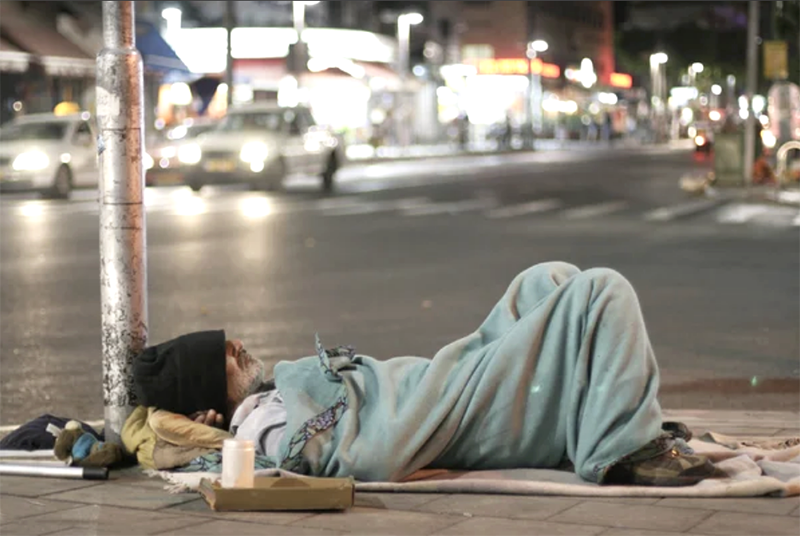The San Diego City Council recently passed an ordinance proposed by Mayor Todd Gloria and City Council President Sean Elo-Rivera aimed at protecting renters from eviction. The new ordinance provides renters with safeguards against eviction as long as they continue to pay their rent and comply with their lease agreements.
The ordinance was passed with an overwhelming majority of 8-1, with only Councilmember Jen Campbell (District 2) dissenting. The decision was made after hours of comments from both renters and landlords. However, the ordinance still has to pass a second reading, which is expected to take place no earlier than mid-June.
Mayor Todd Gloria and Council President Sean Elo-Rivera jointly revealed the Residential Tenant Protections Ordinance to Prevent Displacement and Homelessness last week, stating that it is a significant step towards addressing the city’s twin housing and homelessness crises.
New Ordinance Provides Renters with Safeguards Against Eviction
Elo-Rivera, in particular, emphasized the need for this ordinance, stating that San Diegans who are paying their rent and following their lease agreements should not live in fear of eviction. He also expressed concern about the current situation where San Diego renters are being evicted despite abiding by the rules. Such evictions cause immense financial and emotional stress to families, often leading to displacement and the risk of homelessness. Thus, the new ordinance provides much-needed protection and security to San Diego renters.
The ordinance, which is aimed at providing tenant protections, took input from both tenant rights advocates and the Southern California Rental Housing Association. According to Mayor Todd Gloria and Council President Sean Elo-Rivera, the ordinance not only brings San Diego’s laws up to those set by the rent-capping Assembly Bill 1482 but in some cases surpasses it.
Rising Homelessness in San Diego Prompts Need for Tenant Protection and Accountability Measures
The objective of the ordinance is to address the reality that the number of people becoming homeless in San Diego is rising at a rate faster than housing availability. Therefore, the ordinance offers necessary protections to tenants who are at risk of becoming homeless. Mayor Gloria expressed his gratitude towards the rental housing industry stakeholders who played an active role in crafting the framework, ensuring that it is both feasible and effective.
Landlords Express Concerns Over Cost and Possible Implications on Repairs and Renovations
The draft ordinance offers protection to tenants from the first day of their lease, with exemptions for short-term leases. In addition, the ordinance offers financial assistance to renters from landlords when a tenant’s lease is terminated through no fault of their own. Accountability measures are also in place to punish those who violate tenant protections. If renters are evicted through no fault of their own, landlords are required to pay them two months’ rent. Landlords are also permitted to evict tenants for renovation purposes, as long as they have proper permits and post a 30-day notice.
However, some landlords have expressed concern that the proposed ordinance is too costly, with one calling it an overreach. They argue that it would prevent them from quickly fixing problems such as asbestos issues in their buildings. The landlord said that if the policy had been in place at the time, they would have had to wait six to eight months for permits to abate the issue, and families, kids, and pets would have been living in the units. They instead opted for a no-cause eviction and overpaid tenants by giving them three months’ rent.
CEO Tamera Kohler Calls for Urgent Action to Address San Diego’s Homelessness Crisis
The current situation is dire, with more people becoming homeless than finding homes. According to the Regional Task Force on Homelessness, in March 2023, 832 people were housed while 1,260 people entered homelessness for the first time. The number of people becoming homeless in San Diego has been outpacing those finding homes for over a year. CEO Tamera Kohler stated that the region needs to do more to meet the need and address the scope and scale of the problem to fight homelessness in the community.





